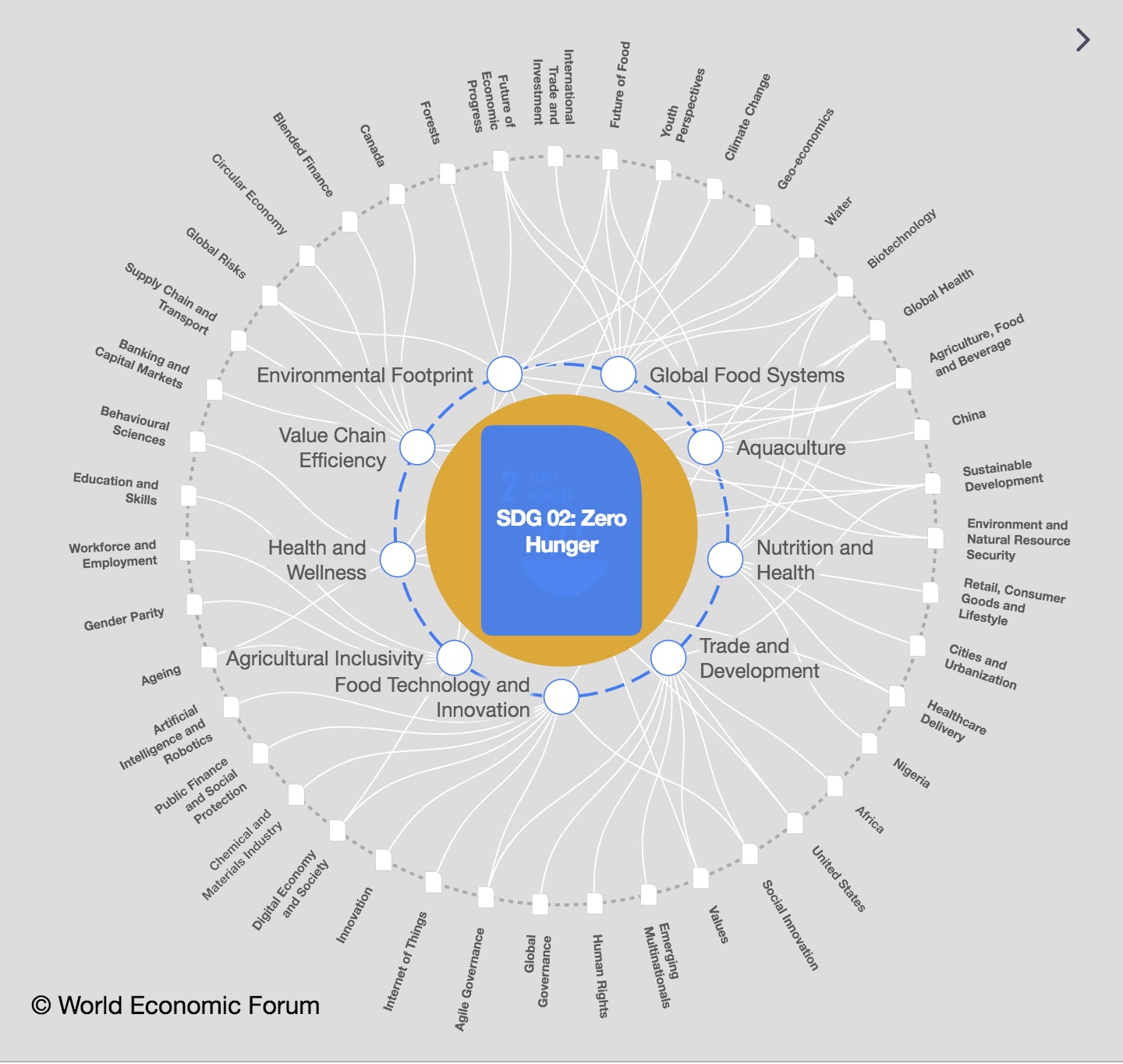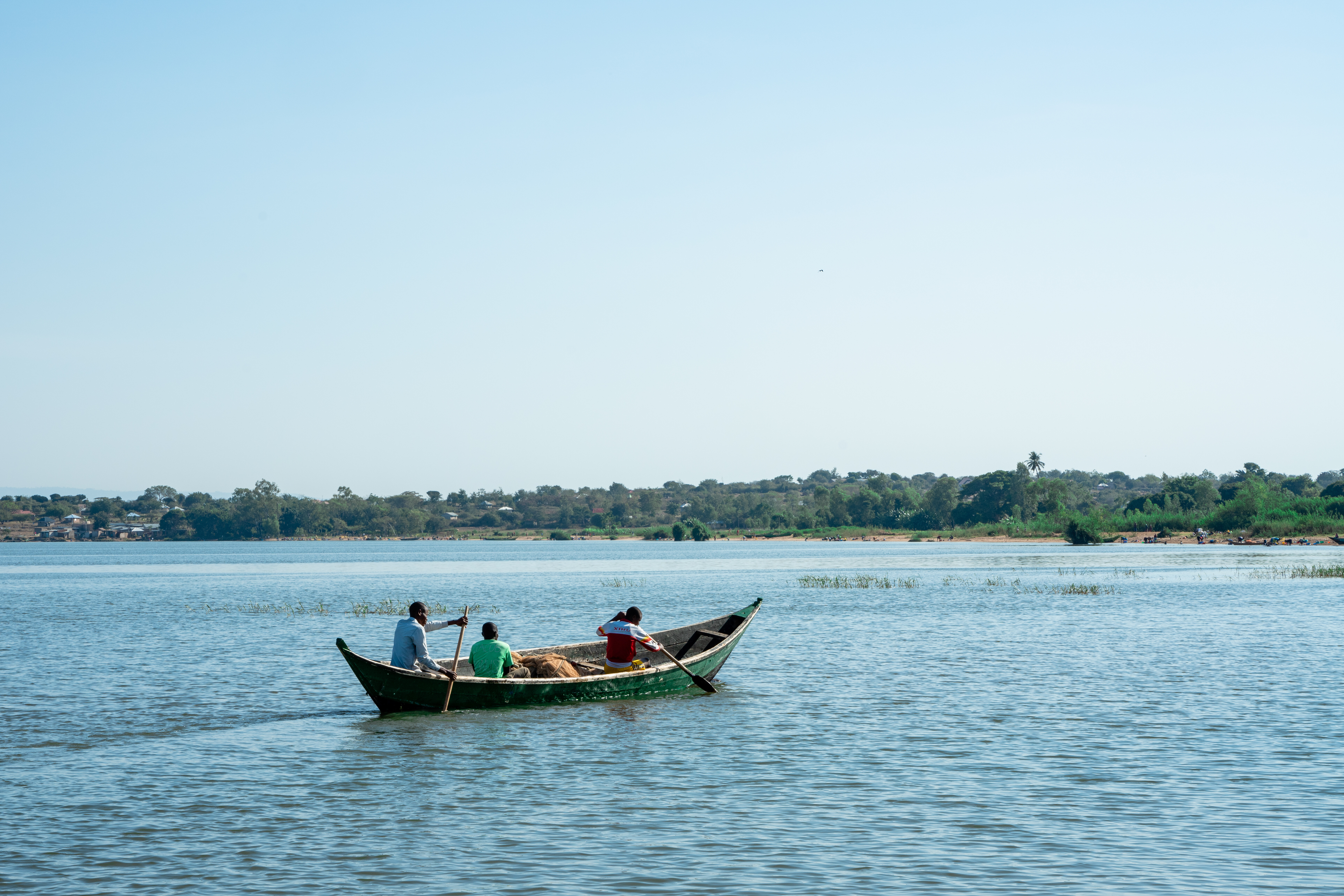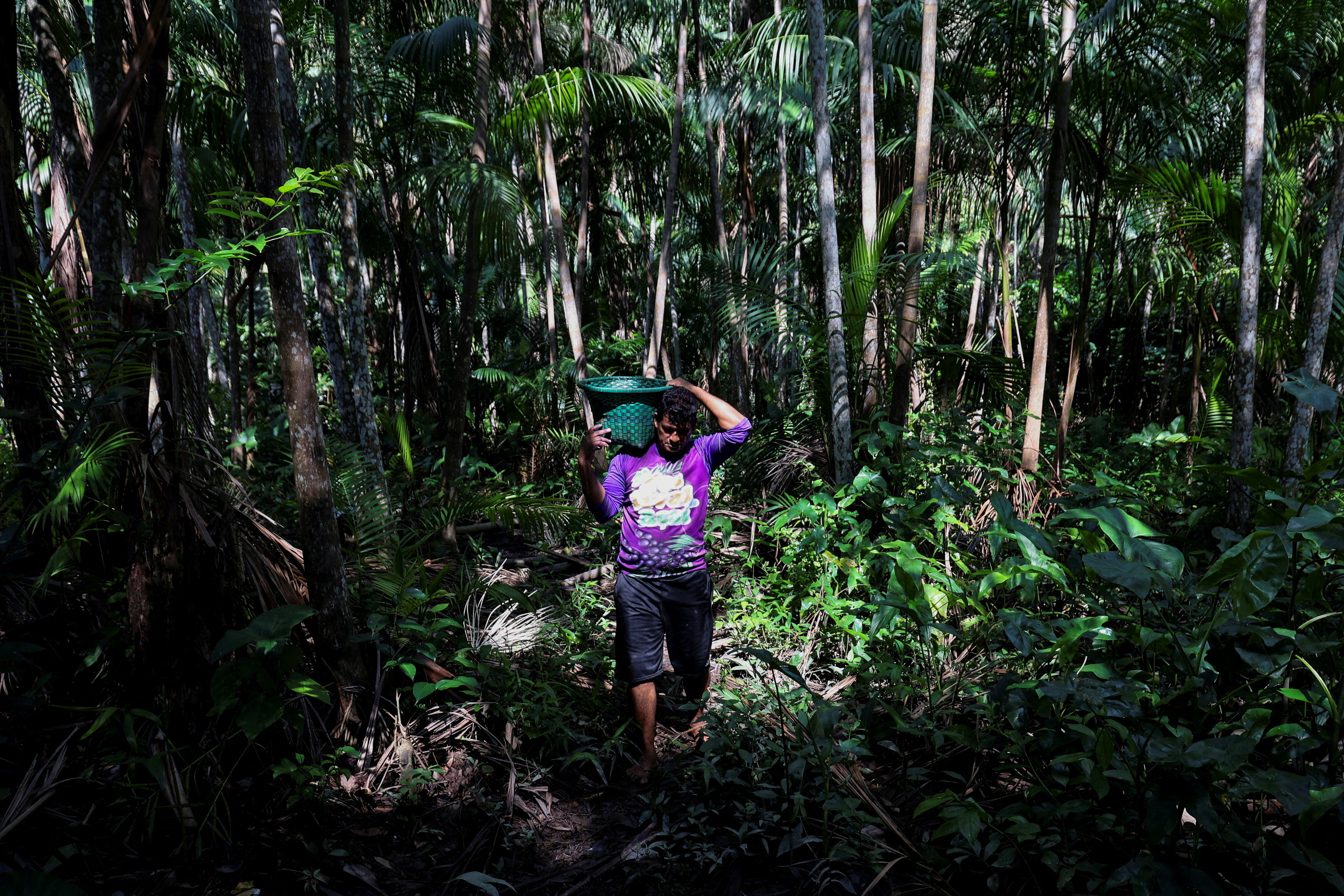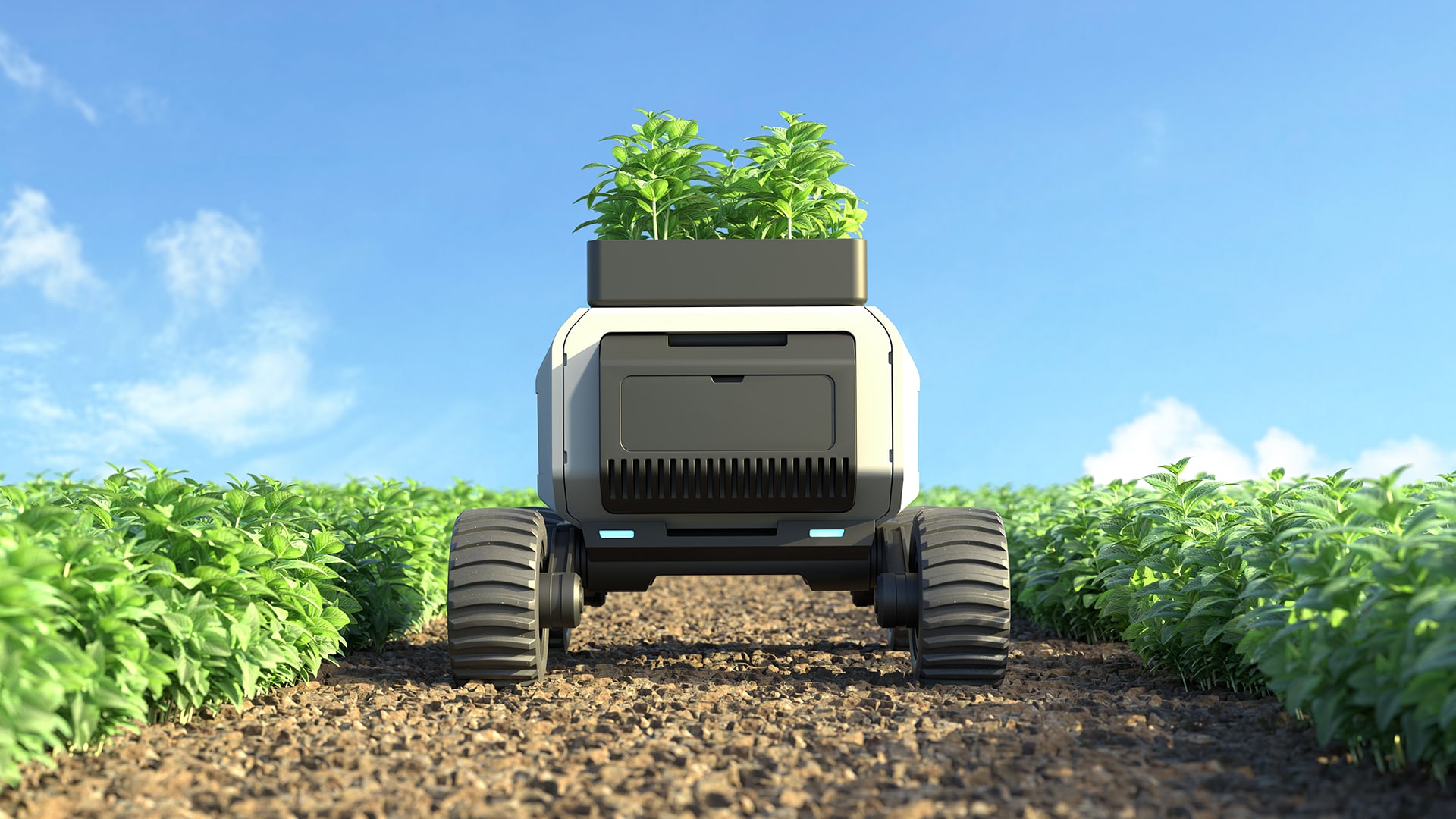How innovative actions can create opportunities to solve the global food and nutrition crisis

Good nutrition is vital to ensuring healthy, smart and productive people. Image: Photo by Bill Wegener on Unsplash
- After the last global food crisis, world leaders came together to build more resilient and nutritional food systems.
- These learnings will help us better manage the latest global food crisis driven by the Russian invasion of Ukraine.
- Political leaders and decision-makers must step up to support countries, both financially and technically, to align behind country-owned and country-driven solutions for food and nutrition.
Fifteen years ago, in the face of a global food crisis that took the lives of millions in some of the most impoverished countries on earth, the world said 'never again.' Government leaders committed to working together to build resilient food systems, prioritising nutrition as an essential building block of these. Yet, here we are, once again facing a global food and nutrition crisis that is threatening the lives of millions of people worldwide. How can the power of 'we' be harnessed to advance solutions and build stronger resilience against future crises?
Some say that all progress made over the past decade has been lost in the current global crisis, but I disagree. Whether it's climate-related, conflict or a pandemic, we will always face crises. It is not the existence of these crises, but how people are able to anticipate and cope and even find opportunities for innovation that will determine whether progress is lost or gained.
While I am concerned that global leaders tend to still use the outdated approach of looking only at food security, meaning calories, and neglecting nutrition needs, I am optimistic about people and community efforts to respond together with more forward thinking to the current food and nutrition crisis. As the Coordinator of the Scaling Up Nutrition (SUN) Movement, I see and hear this response directly from those countries most impacted.
A global malnutrition crisis looms
The SUN Movement recently hosted a series of dialogues with its 65 SUN member countries. All of these countries are impacted by the rising costs and/or decreased availability of food, fuel and fertiliser driven by Russia's invasion of Ukraine, which has compounded the existing effects in some countries of the COVID-19 pandemic, climate change and other conflicts. Countries are anticipating reduced agricultural production in the next harvest, due to steep rises in fertiliser and fuel costs. This is causing households to eat less, skip meals, reduce menu diversity and increasingly turn to unhealthy diets – putting millions of women, children and men at risk of falling into the malnutrition trap.
Despite these challenges, countries are demonstrating their resilience by working to ensure nutrition is part of every emergency package – even social protection nets – as doing so is an effective and valuable tool to maintain resilience. Governments and stakeholders are also supporting farmers to produce biofortified foods, promoting consumption of locally available nutritious foods to replace imported wheat-based products, encouraging families to diversify their diets and scaling up local production of fertiliser and other agricultural inputs to reduce the dependence on imported inputs. This 'grow local, eat local' approach is spreading to many countries.
What can replace wheat in local diets?
When it comes to alternative food products that are nutritious, affordable and available, SUN countries are working to replace wheat ingredients with gierst, cassava, fonio, spelt, emmer, quinoa and other indigenous food crops. Chefs and other cooks are stepping up to make meals using these ingredients tasty and attractive to families.
This focus on producing more local foods fits perfectly in countries’ food system transition pathways. It creates an opportunity to gear up policies and investment in innovative ways toward a national food system that produces nutritious, diverse food in a soil and planet-friendly way while providing decent incomes.
Rebudgeting for homegrown food
Countries are also reprioritising their national budgets to include increased allowances for nutritious homegrown and community-driven school feeding programmes, subsidised nutritious food basket items for vulnerable families, support for women and children under five years of age with increased nutrition services, and, importantly, training and subsidies for small-scale farmers, as well as lines of credit and debt forgiveness.
While countries are taking strides to support the nutritional needs of their people and scale up innovative approaches to meet the escalating needs created by the global food and nutrition crisis, many already economically fragile and in debt nations will be forced into greater debt. This will put not only their own national development at risk, and set it back many years, it will also put at risk political stability and achievement of their Sustainable Development Goals.
For this reason, political leaders and decision-makers must step up to support countries, both financially and technically, to align behind country-owned and country-driven solutions for food and nutrition. With this support, countries will be able to scale up innovative food systems, strengthen resilience and ensure food and nutritional security is built into their national policy, investments and institutions.
By gearing up country-owned food system solutions, not only will countries be positioned to respond effectively to the current crisis, they will also secure their resilience by being able to effectively anticipate and respond to new crises for years to come – ensuring prosperity for people and the planet.
Don't miss any update on this topic
Create a free account and access your personalized content collection with our latest publications and analyses.
License and Republishing
World Economic Forum articles may be republished in accordance with the Creative Commons Attribution-NonCommercial-NoDerivatives 4.0 International Public License, and in accordance with our Terms of Use.
The views expressed in this article are those of the author alone and not the World Economic Forum.
Stay up to date:
SDG 02: Zero Hunger
Related topics:
Forum Stories newsletter
Bringing you weekly curated insights and analysis on the global issues that matter.







